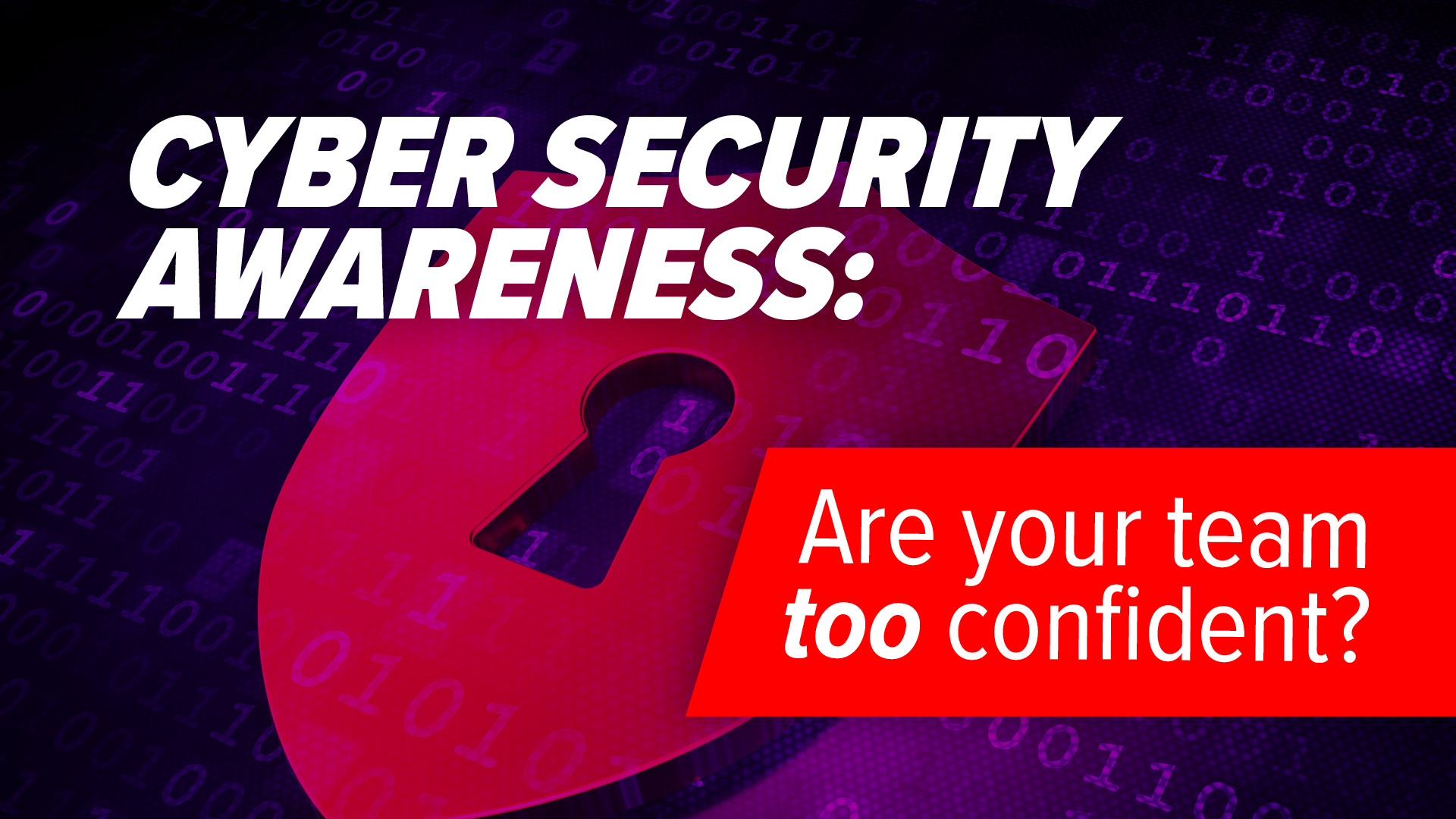You trust your team. We get it — so do we.
They’re smart, capable, and know better than to click on a dodgy link or open an unexpected attachment.
They’ve heard all about phishing emails, those sneaky messages designed to trick them into handing over sensitive information or downloading harmful software.
So, they’re too savvy to fall for it.
Or so they think…
Here’s the catch: Confidence doesn’t equal immunity. Cyber criminals are banking on that overconfidence.
Recent research shows that 86% of employees believe they can spot a phishing email, yet over half of them have already been caught out by scams.
Think about that for a moment.
These are people who know the dangers, think they’re clued in… and still get tricked. That’s because phishing scams have come a long way from the obvious “foreign prince” requests. Today’s attacks are sophisticated and convincing:
-
Emails that look like they’re from your bank or trusted suppliers.
-
Fake invoices that look completely legitimate.
-
Messages that seem to come from a colleague or even the boss.
When someone is sure they’ll never fall for it, that’s when they’re at greatest risk.
This false sense of security is a classic example of the Dunning-Kruger effect — where people believe they know more than they actually do.
The danger? When people feel invincible, they stop being careful. They don’t double-check links or question unexpected requests and that’s exactly how cyber criminals gain access to your business systems and data.
So, what can you do?
It starts with a mindset shift. Regular phishing awareness training is crucial to keep your team sharp and aware of the latest tactics. At Deycom, we help businesses just like yours stay one step ahead with tailored security training and practical advice.
But training alone isn’t enough. People also need to feel safe to speak up if something doesn’t look right. Creating a culture where it’s OK (and encouraged!) to question suspicious emails can make all the difference.
Cyber security isn’t about intelligence; it’s about vigilance. Even your most tech-savvy colleague can slip up.
Our advice? Always assume a threat is real until you know otherwise. Be cautious. Be curious. And never rely on confidence alone.
Because the moment someone thinks, “I’d never fall for that,” is often the moment they do.

